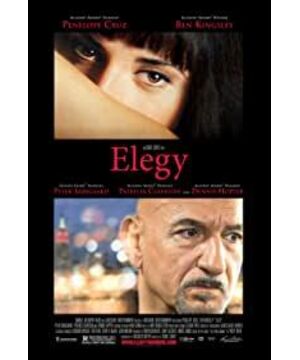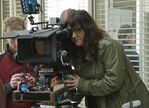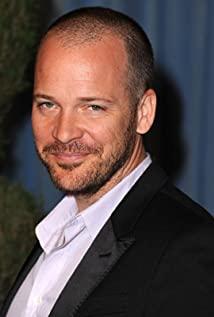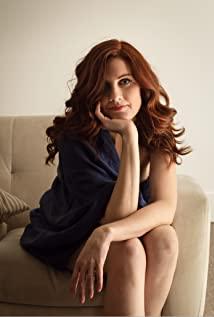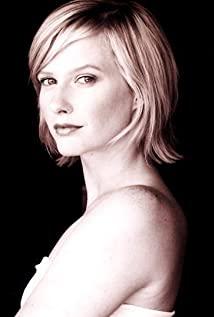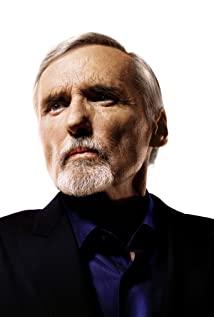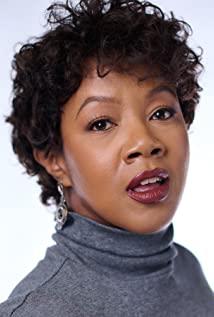The reason why the two finally got together is because the heroine had breast cancer surgery and was no longer beautiful. The man finally felt safe, or finally stopped feeling inferior because of his age. Together" can only be said firmly from the cautious mouth of his middle-aged man. Excuse me, what about the heroine's grief? The heroine's pride and dedication to love? It's only in the swaying long takes and the gentle seaside scene that I can feel that this is still a female director.
I'm not saying that all female directors have to shoot from a female perspective, but women's emotions are ignored so much, and how important women's emotions are in such an unstable relationship, I prefer to see the innocence of a young girl And the persistence of true love to move this middle-aged man who is accustomed to floating in the huge industrial society, instead of relying on the sudden death of an old poet friend and the heroine's illness to change him. No matter how old we are, we are talking about love after all. How can one side of love be ignored?
Yes, the absolute male perspective can be seen from the voiceover narration of the male protagonist at the beginning of the film. The only thing that can be praised is that from the perspective of the male protagonist, he guesses what the woman is doing at the same time. And there is no better combination of speculation and reality, and there is no more effective expression of suspicion and distrust in love, so this advantage seems insignificant.
The screenplay is based on a novel. The ones who wrote and edited were all men. The introduction says that the novel satirizes both male power and the flesh. But I only saw the loneliness and the logical enjoyment of the body by a middle-aged successful man in the film.
In the film, the man's old lover accepts unburdened sex in a plain way. Although she still can't accept her lover's cares, her calmness and acceptance of old age and calmness are the way to go. She is the most complicated character. It is more advanced than the heroine's cancer, which should be the style of European films, not the cliché of Korean dramas.
Originally, the greater the gap in love, the more it can explore the meaning of love. The two people in this film are more than 30 years old, and they used to be teachers and students. What a good subject of such a sensitive love, but it was wasted in vain.
The film premiered at the Berlin Film Festival, and it is unknown whether it will participate.
View more about Elegy reviews


